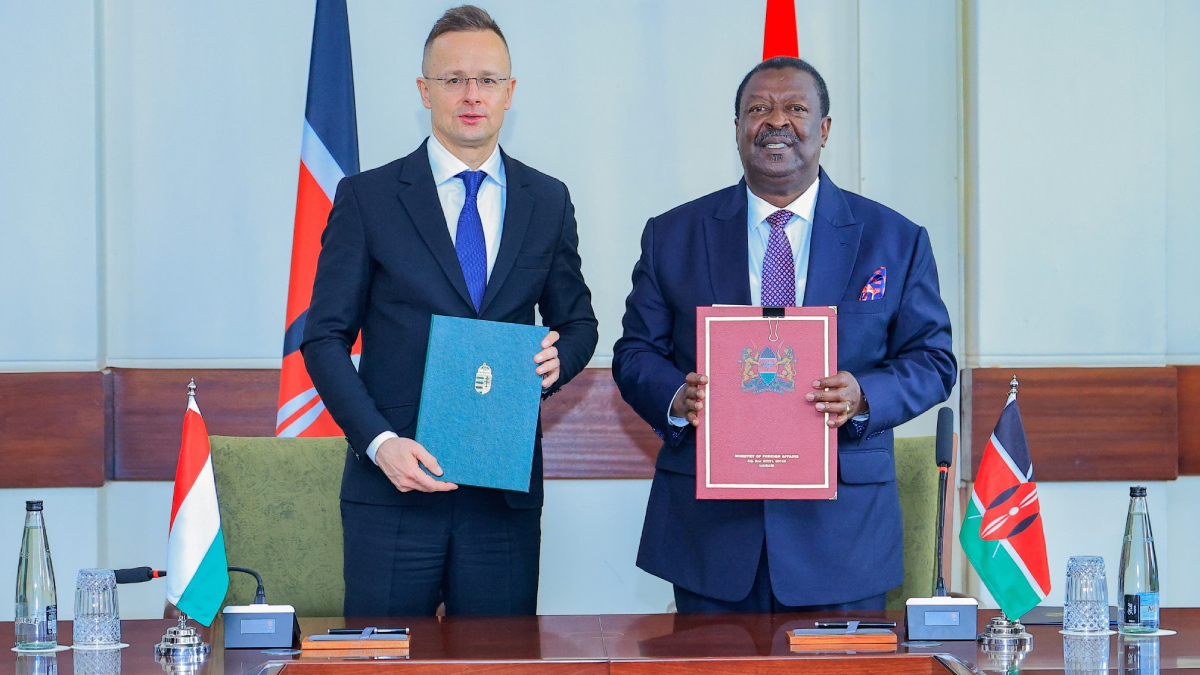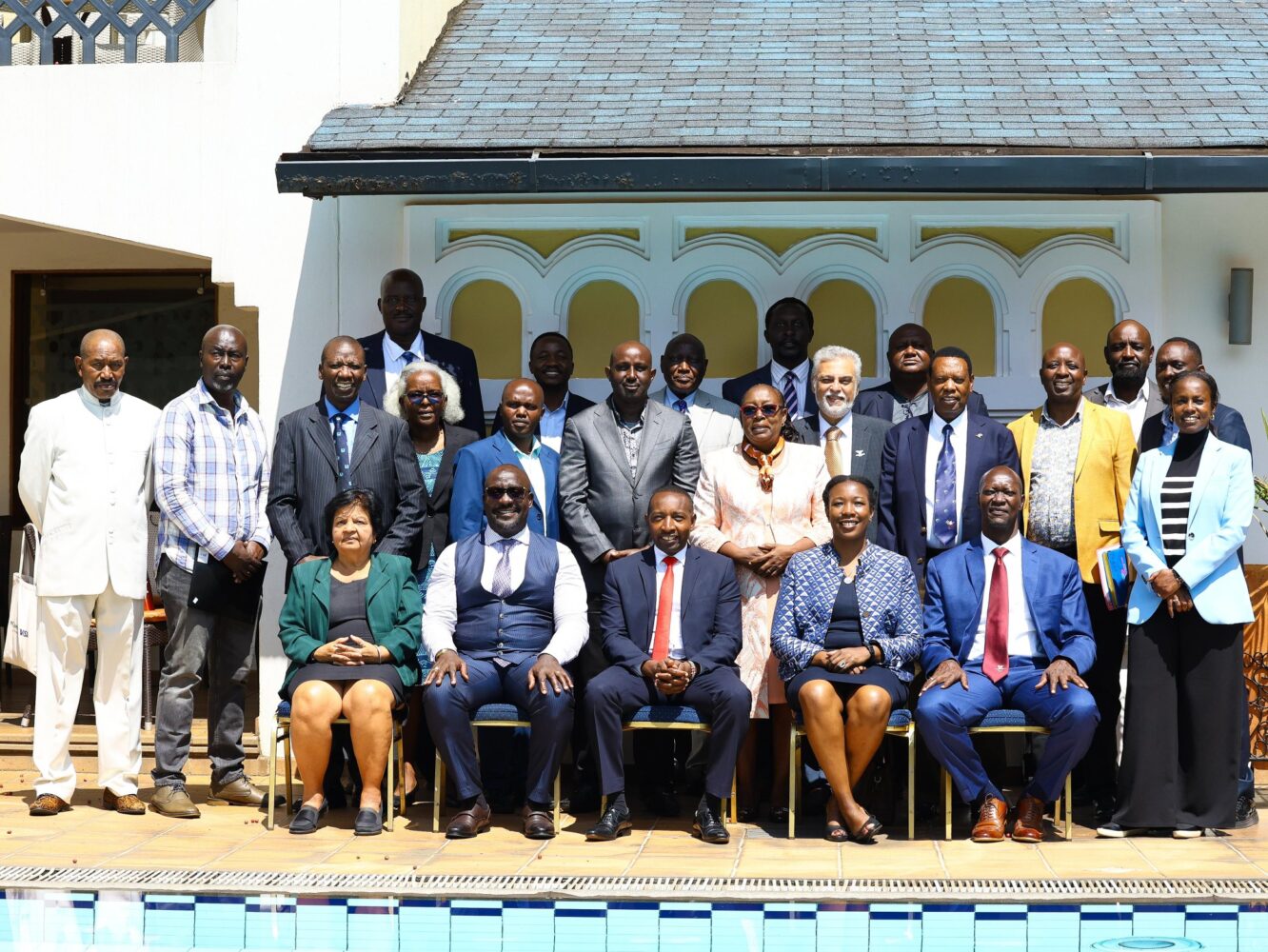The government has introduced groundbreaking changes to the Kenya Citizenship and Immigration Act.
Streamlining permit classes and creating new opportunities for foreign nationals to work and live in the country.
Announced on Tuesday by Prime Cabinet Secretary and Acting Interior CS Musalia Mudavadi, the amendments aim to align Kenya’s immigration policies with its economic goals and regional integration efforts.
A key highlight of the changes is the introduction of Class P, a special permit for staff of the United Nations, diplomatic missions, intergovernmental bodies, and international NGOs.
The new category responds to requests from the UN office in Nairobi, particularly for staff working in neighboring countries without family-friendly conditions.
“UN staff significantly benefit our economy through rent, school fees, and employment of local workers. Nairobi’s position as a UN and multilateral hub makes their stay a win for Kenya,” said Mudavadi.
He added that the Class P permit will come at a reduced fee, payable in US dollars, providing the government an opportunity to earn foreign currency.
The government also made notable revisions to the Digital Nomad Visa (Class N), reducing the minimum annual income requirement for applicants from USD 55,000 to USD 24,000.
The adjustment makes Kenya more attractive to international remote workers seeking a destination to live and work comfortably.
Additionally, the amendments introduce Class Q, specifically designed for professionals working with religious or charitable organizations.
The permit caters to individuals supporting charitable missions without engaging in direct religious activities.
To ease the financial burden on missionaries, annual fees have been lowered from Ksh 50,000 to Ksh 20,000.
Mudavadi further clarified that missionaries previously under Class I have now been moved to Class Q, ensuring a clear distinction in permit categories.
Another significant development is the creation of Class R, targeting citizens of East African Community (EAC) member states.
The new permit consolidates multiple categories—including investors, traders, and skilled workers—into a single, simplified option.
In line with EAC’s regional integration goals, applicants will not be required to pay any fees.
“The Class R permit brings all East African nationals under one roof, eliminating unnecessary fees and processes.
The move strengthens regional ties and simplifies work opportunities for our neighbours,” Mudavadi explained.












